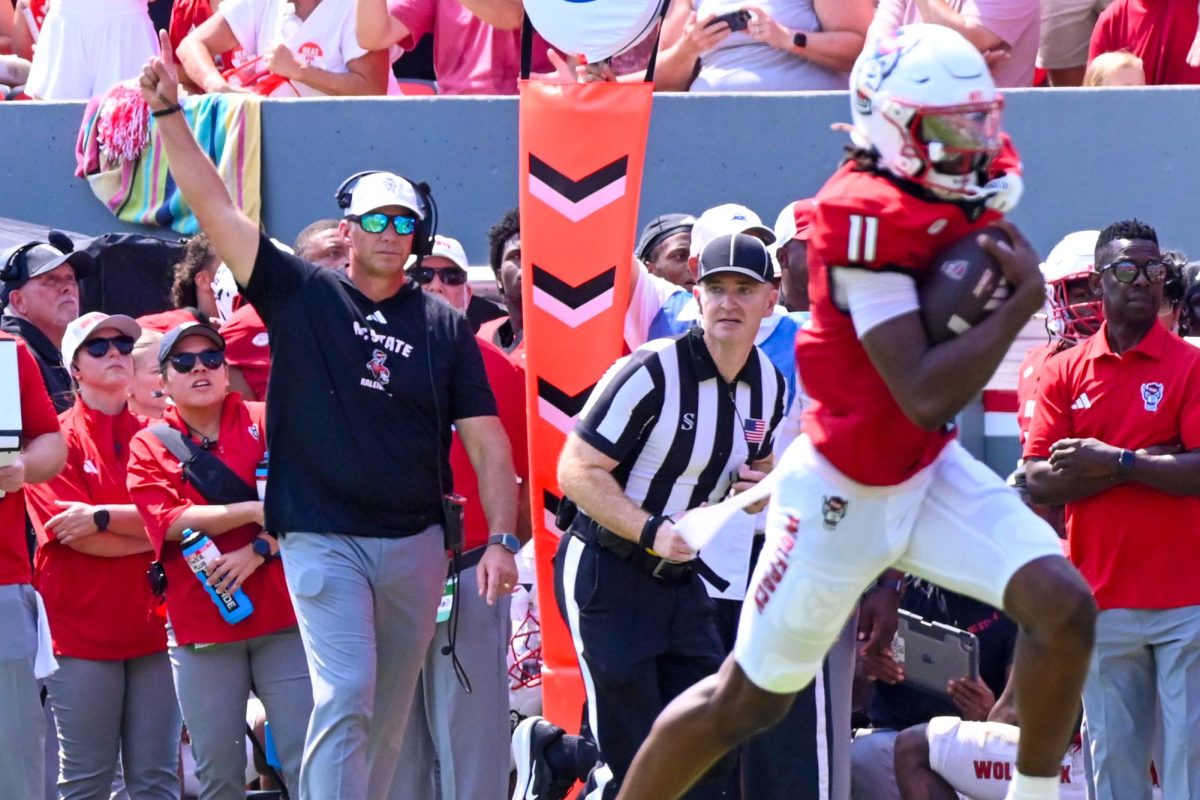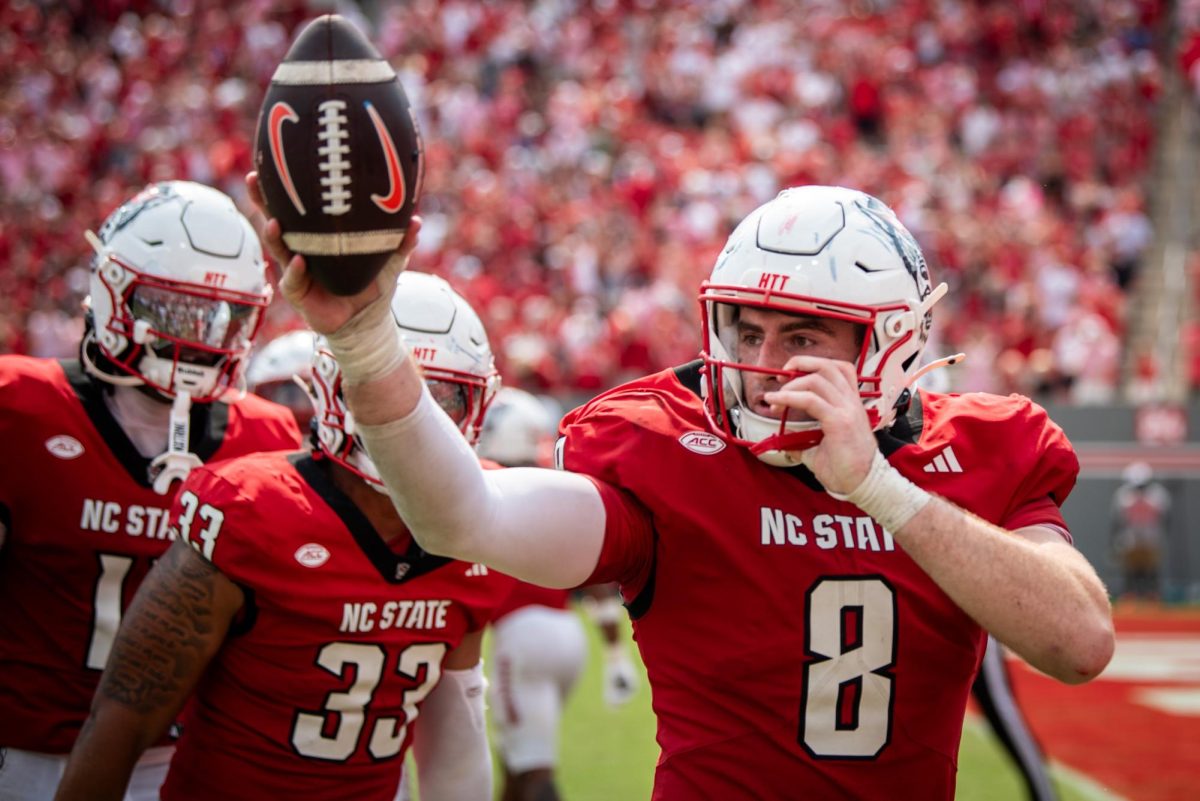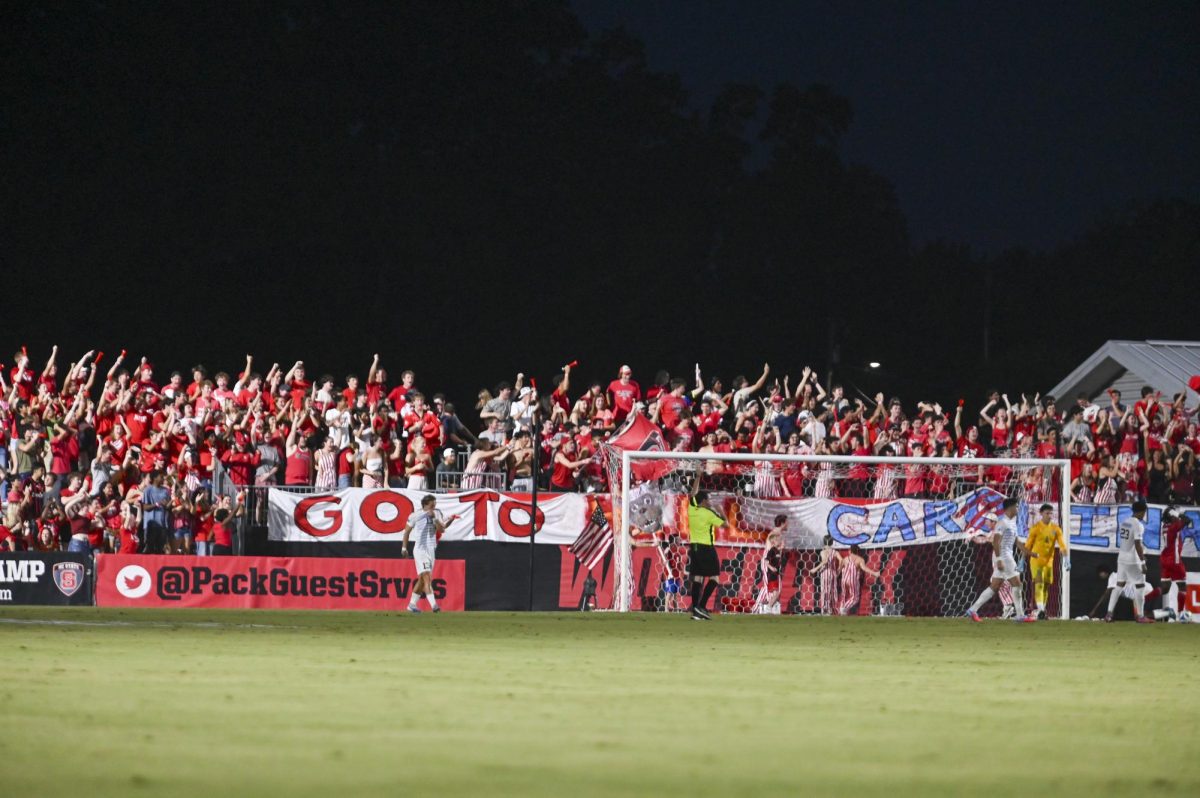Performance-enhancing drugs are the controversial subject of a debate that rears its ugly head every so often amongst fans of Major League Baseball. The most notable facet of this discussion is whether players who have been found guilty of PED use should be allowed in the Baseball Hall of Fame. The answer is simple: no.
When a player uses PEDs, not only is it selfish act, it’s an act of cowardice. It’s a sign that a player has realized he isn’t good enough to maintain a spot on a major league roster on his natural talent alone. The true disservice isn’t to the fans or the league, it’s to the roster spot he takes up that should belong to a player who’s trying to make the show on talent alone. But it’s not like PEDs have been a recent trend, and to see the beginning, we need to look back almost 20 years.
The peak of the steroid era can be found in the late 1990s, particularly the Home Run Derby that occurred in the summer of 1998 centered on St. Louis Cardinals’ first baseman Mark McGwire and Chicago Cubs’ slugger Sammy Sosa. During that season, 136 home runs were belted between the two of them and while it was ever so entertaining to behold, it became tainted when the two were accused of PEDs several years later. Not only were McGwire and Sosa’s images tarnished, but so was baseball as a whole. Fans were left questioning if players on their favorite teams were using PEDs, players were subjected to severe scrutiny and baseball’s drug testing programs were in dire need of a thorough evaluation.
Fortunately, today’s expansive drug testing programs initiated by Major League Baseball within the last 10 to 15 years have helped curb PED usage significantly. However, there’s always those select few who fall through the cracks and find a way to bypass perhaps the most sophisticated and intensive drug testing program in all of professional sports.
As for players who’ve been caught doping, like Miami Marlins’ Dee Gordon and Chicago White Sox’s Melky Cabrera, their chances at creating a positive legacy in baseball are slim to none. Both could post hall-of-fame worthy stats every season until their retirement and it wouldn’t matter. They cheated and there’s no way of knowing how long they were cheating. While you might say it’s worth it to cheat as evidenced by Gordon’s five-year, $50 million contract extension he signed with the Marlins this past winter, nobody will talk about them 10, 20, even 50 years from now the way they talk about the game’s legends.
Hopefully they’ll never be allowed to step through those hallowed doors in Cooperstown, New York where the game’s greats like Willie Mays, Babe Ruth, Stan Musial and Jackie Robinson are enshrined. It’s men like this who helped create baseball’s incredible legacy that’s survived more than 120 years. Performance-enhancing drug users are only destroying that legacy. Steroid users shouldn’t even be mentioned in the same breath as the greats in Cooperstown, let alone share a hall with them.





